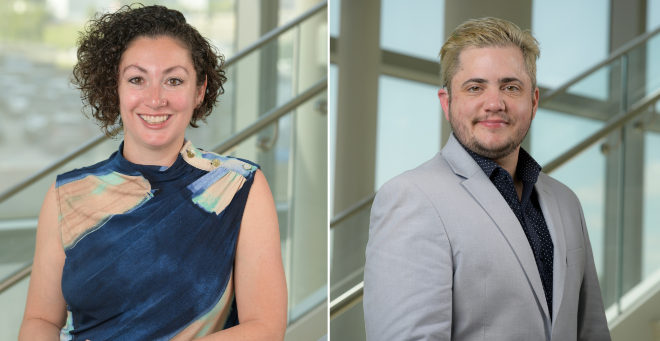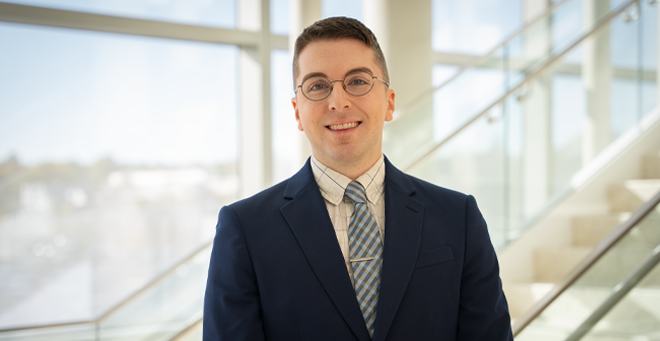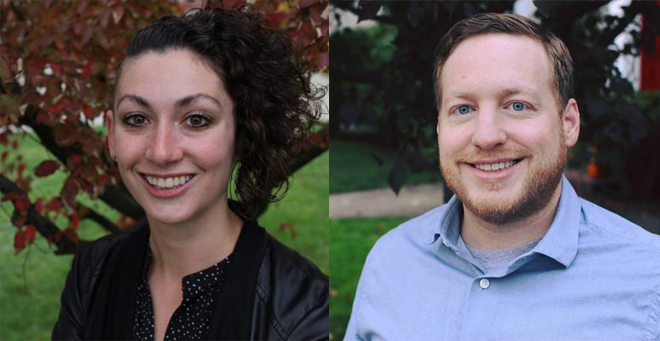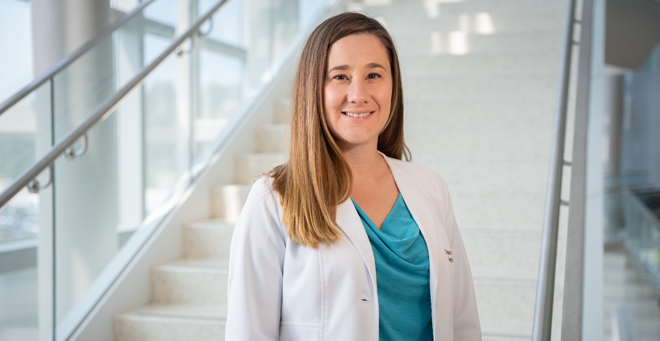
A nationwide virtual clinical trial to test evidence-based therapy for Deaf people with trauma symptoms and alcohol use disorder is underway at UMass Chan Medical School.
The study will enroll 144 Deaf people over five years. According to Melissa L. Anderson, PhD, associate professor of psychiatry, it is the first evidence-based therapy clinical trial of its size in the Deaf community.
“The project will allow us to focus on treating Deaf people with co-morbid trauma and addiction and will also start to look at ways of replacing unsafe coping mechanisms with healthier ones,” Dr. Anderson said. “The goal is to run a fully powered, randomized control trial focused on therapy, which has never been done in the Deaf community before.”
Anderson and Alexander Wilkins, PhD, assistant professor of psychiatry, received a five-year, $3.6 million award from the National Institute on Alcohol Abuse and Alcoholism to launch the study. They are co-directors of the DeafYes! Center for Deaf Empowerment and Recovery at UMass Chan.
More than half a million Americans are Deaf, and according to Anderson, experience problem drinking and trauma at significantly higher rates than the general population.
Anderson and Wilkins conduct their research under the scope of the Implementation Science and Practice Advances Research Center, or iSPARC, at UMass Chan, where they will utilize a community-based lens in their focus on adapting evidence-based treatments to be accessible to Deaf signing people.
The clinical branch of DeafYes! is located at UMass Memorial Outpatient Psychiatry Services in Worcester, where Anderson and Dr. Wilkins provide outpatient therapy to a diverse caseload of Deaf and hard-of-hearing clients.
Over the past several years, the DeafYes! team has developed Signs of Safety, a Deaf-accessible therapy toolkit for treating alcohol use disorder and post-traumatic stress disorder. The National Institute on Alcohol Abuse and Alcoholism project will compare three groups of Deaf participants, including participants receiving Signs of Safety, those receiving usual treatment and participants in a no-treatment control, to collect data on clinical outcomes, and to explore potential mediators and moderators of outcomes.
Anderson hopes the study will also provide future behavioral health researchers with guidelines on how to conduct community-engaged clinical trials with Deaf people.
“It’s critical that we work in partnership with Deaf individuals to make sure that the work we're doing is respectful, important and relevant to Deaf people,” Anderson said. The National Institute of Alcohol Abuse and Alcoholism-funded project is being conducted in collaboration with National Deaf Therapy, a Deaf female-owned company offering virtual psychotherapy.
Additional engagement efforts of the DeafYES! team include hiring Deaf community advisors who work to provide input and guidance on behalf of the Deaf community during the team’s weekly research meetings. The advisors assist with participant recruitment and help lead focus groups. They were also highly involved in the production of Signs of Safety.
“This is about trying to make a real impact on the Deaf community by providing open access treatment resources, hiring Deaf people, bringing in Deaf community members to participate and constantly trying to give back in various ways,” Anderson said.
[Editor's note: Per the recommendation of the National Center on Disability and Journalism's Disability Language Style Guide, the word "Deaf" is capitalized in reference to members of the Deaf community and lowercase in reference to the hearing-loss condition.]


